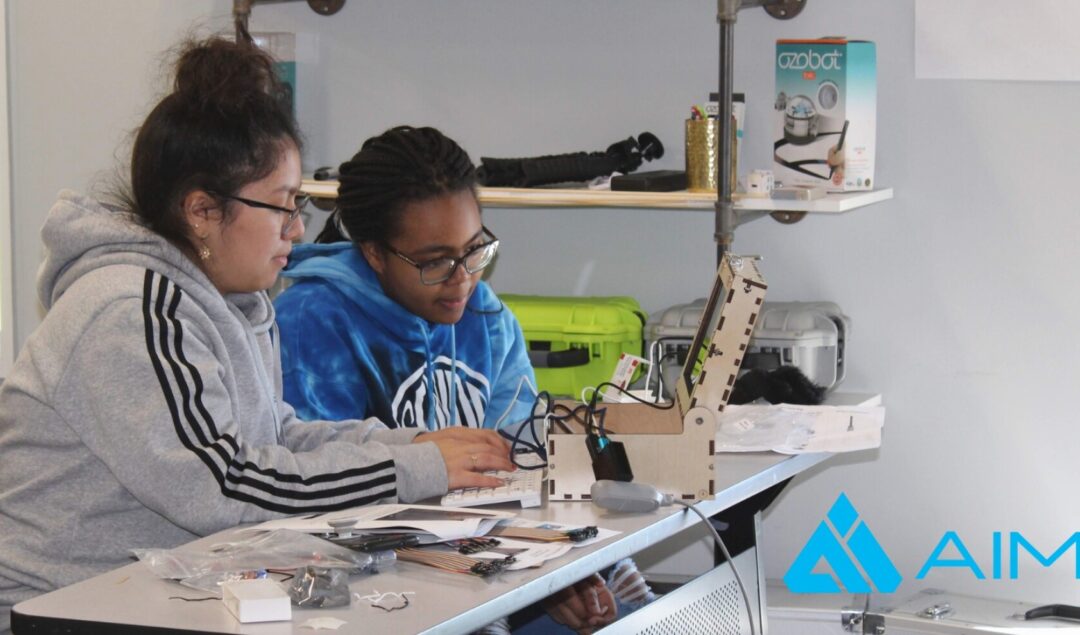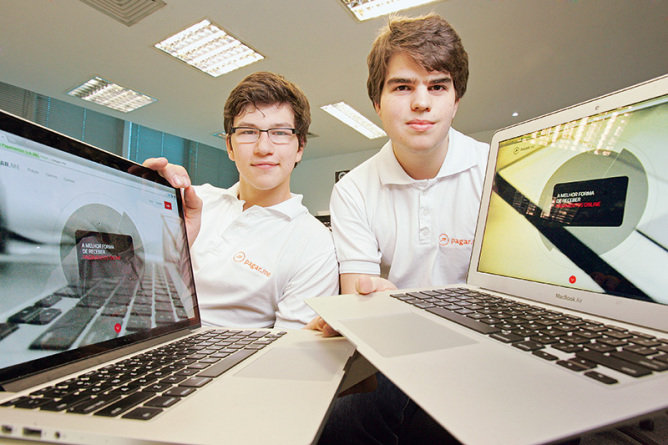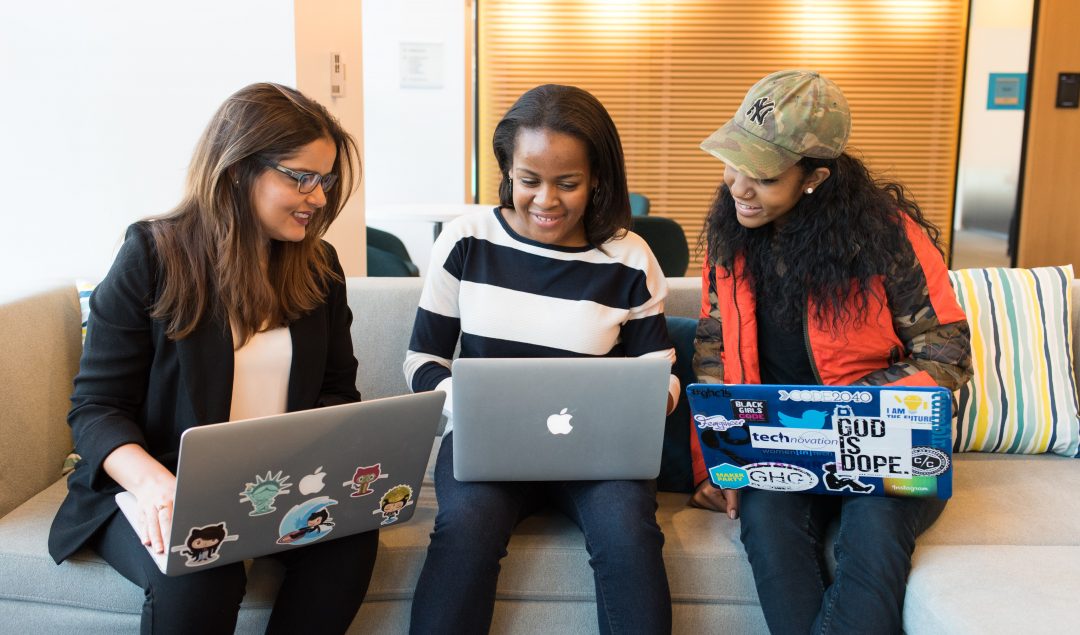In 2020 none of the $4.4 billion in venture funding raised in the region went to female founder-led startups. The lack of support in the early stages of entrepreneurship, poor access to capital, and the lack of women investors in venture capital funds are among the main reasons. Of the more than 800 companies recently surveyed by Endeavor and Mastercard for a whitepaper on bridging the gender gap within tech companies in Latin America, only 23% had at least one woman on their founding team, and only 9% had one or more all-female founders. Racial and
More than half the country’s workforce identifies as Black or mixed race in Brazil, yet less than 30% of these workers occupy managerial roles. Beyond the scarcity of Black professionals in IT departments in Brazil, a study by diversity initiative Preta Lab in partnership with consulting firm ThoughtWorks in 2020 found that 50.4% of teams do not have “non-heterosexual” staff. The inclusion of indigenous people and people with disabilities is also nearly absent in Brazil: 85.4% of the participants reported no disabled people in their team, and in 95.9%, there were no
Women remain underrepresented in computing-related jobs in the tech field, holding just 26 percent of the positions. This disparity is even worse for Hispanic women, as they make up just 2 percent. But – there are some who’ve made it and they’re using their social media to advise, mentor, and equip other Latinx with information about the industry. Gina Moreno, 26, a program manager for Microsoft, is a first-generation College Graduate and first-generation American from El Paso, TX. In school, she obtained a B.S. in Industrial Engineering and an M.S. in systems
The Omaha-based AIM Institute is working with southwest Iowa organizations to bring a free 10-week technology course to the growing Spanish-speaking community in the area. The courses will be offered alongside English as a second language (ESL) classes taught by Iowa Western Community College. According to ZipRecruiter, participants will leave the program with proper training to become front-end web developers, whose entry-level salaries nationally average more than $55,000. The US Census data shows 12.8 percent of the city’s population in poverty, with the Hispanic population making up a disproportionate share. The CB Tech
This week, a systematic review of 28 studies published in the Journal of the American Medical Informatics Association found that telehealth-delivered interventions for patients of color were most effective in treating and managing many conditions. The study, led by researchers from Monash University in Victoria, Australia, focused on examining telehealth’s effectiveness for non-Indigenous patients of color. Telehealth was and still is being used extensively during the pandemic as some hospitals remain open primarily for urgent care patients. Researchers in the study wrote: “Findings from this systematic review indicate that telehealth for mental
The US elderly population is projected to nearly double to 90 million by 2050 as more eldercare shifts from institutions to the home where the family can take care of them. But most of the current 53 million caregivers are ill-prepared for their responsibilities and struggle to balance both their jobs, children and taking care of those in need. Bianca Padilla saw a gap in the market and together with her husband Jonathan Magolnick they launched Carewell, the leading e-commerce resource for caregivers. The inspiration for the firm came when Padilla and her mother became unexpected
Latinx founders are the fastest-growing group of entrepreneurs in America–but their businesses are struggling to scale and that is partly due to the serious lack of funding they’re given. Latinx founders own 350,000 businesses with employees in the United States, and these businesses create nearly three million American jobs, according to research I led with Stanford University’s Latino Entrepreneurship Initiative. And yet they receive a small portion of the investment piece. While overall numbers on funding for Latinx founders are depressing, Individual stories are inspiring. The 2021 Crunchbase Diversity Spotlight Report highlights the 30 Black-
A migrant rights group has condemned a US tech startup’s video pitch that shows a stun gun-armed drone attacking a migrant crossing the US-Mexico border. At the same time, Twitter users called the scenario depicted “atrocious”. CEO Blake Resnick recently appeared on Fox Business News to celebrate a venture capital coup: $25 million from Silicon Valley A-listers like Sam Altman and ex-LinkedIn CEO Jeff Weiner’s Next Play Venture. He told Fox Business’s Stuart Varney that Brinc’s quadcopter drones are helping police defuse dangerous hostage situations on a near-daily basis. The
Gender Equality in Tech (GET) Cities, led by SecondMuse Foundation and Break Through Tech, has launched a third city hub in Miami as part of Pivotal Ventures’ $50 million investment focused on diversifying the tech industry. The hub, dubbed GET Miami, will work collaboratively with the region’s tech ecosystem to propel more women, trans, and nonbinary people, particularly Black, Latino/a, Indigenous, and people of color, into tech education, careers, and leadership. The company’s main blueprint is to address the challenge of inclusion by leveraging three key pillars – academia, industry, and entrepreneurship. GET Miami will
Tech companies are leaving in place disinformation in Spanish or failing to flag fake news on social media platforms after they remove or issue warnings about identical posts in English, according to lawmakers and anti-disinformation activists. On Wednesday – dozens of people joined in on discussions about the spread of online disinformation in Spanish and other languages brewing on major tech platforms. It comes months after NBC News first reported on a rise in Spanish-language disinformation online and on the radio amid the surge of the delta variant of Covid-19. It also follows













